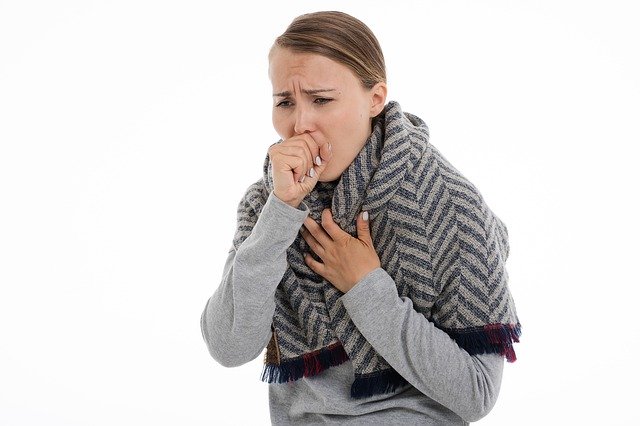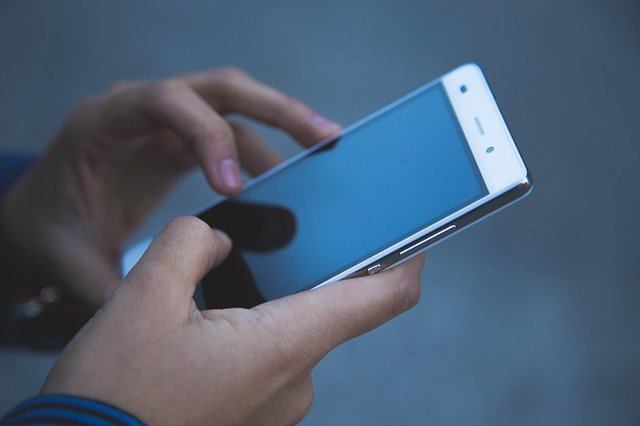What to do when you think you might have coronavirus symptoms
2020-05-09
Town & Local Area Info
Every day, we hear about new coronavirus infections on TV and on the Internet, with information about symptoms and infection routes. Symptoms reportedly resemble those of a cold, including coughing and fever, so some of you may worry that you have the coronavirus.
In this article, I will talk about symptoms of the coronavirus and how to deal with them.

What is the incubation period for the coronavirus?
The period from the infection with coronavirus until the first symptoms appear (incubation period) is considered to be about 1 to 14 days, with the average at 3 to 8 days.
For example, you may have a fever several days after being in close contact with someone infected, and the fever may decline the next day, but still experience symptoms such as olfactory and taste disorder. There are individual differences in the incubation period, the time when symptoms show and the type of symptoms that do show, or how long the fever lasts.
What are the main symptoms of a COVID-19 infection?
Fever
One of the symptoms of the coronavirus is persistent fever. If you have a fever of 37.5 degrees and above for four days or more (two days or more for elderly people, pregnant women, people with underlying conditions, people on dialysis or anticancer drug treatment, etc.), and if you feel general fatigue, you may be infected.
Strong general fatigue
Similar to cold and flu symptoms, you may feel a strong fatigue. This fatigue may continue for several days, accompanied by fever and other symptoms.
Respiratory disorders
Some people complain of respiratory issues such as coughing and difficulty breathing (dyspnea).
If the condition becomes severe, such disorders may lead to lung inflammation that require a ventilator, so the elderly and people with underlying conditions should be extra careful.

What are other possible symptoms?
・Taste and smell disorder
・Headaches
・Diarrhea
・Runny or stuffy nose
・Muscle soreness
・Sore throat
・Loss of appetite
・Chills
・Palpitations
・Eye-related symptoms such as conjunctivitis
and others
With such a wide variety of symptoms, even ill health or slight tiredness may be signs of a coronavirus infection.
So, during this coronavirus pandemic the best thing to do is monitor your physical condition every day.
Check your body temperature regularly or every day. Check for symptoms such as coughing, sore throat, and fatigue. Especially if you have a fever, record your daily body temperature and the time when you measured it.
If you notice a change, avoid going out and having contact with people and keep monitoring your condition.
It is possible to be asymptomatic or only show mild symptoms even if you are infected with the coronavirus.
Various symptoms including fever and fatigue have been reported.
If infected, you may think that everyone’s condition worsens. That is not true, however. About 80% of infected people show no symptoms or very mild ones.
An example of a case of mild symptoms is when someone feels better after only a few days of mild fatigue and slight fever. There are also examples of people showing only common cold symptoms such as coughing and fever.
Therefore, many people may be unaware that they had the coronavirus, which can lead to a rapid spread.
Data has also been published showing that the symptoms are more severe in the elderly than in the young, resulting in higher mortality.
Always try to wear a mask, wash your hands frequently, and disinfect your fingers to prevent spreading or getting the infection.

“Have I got the coronavirus?” Who to consult if you are worried
・ High fever over 37.5℃ for more than 4 days (2 days for elderly, etc.)
・ Strong fatigue, difficulty breathing, and other accompanying common cold symptoms and others
If you experience the symptoms above for several days and are worried, do not go to a hospital, but first contact the city hall in your area or the “Returnee and high-risk contact people consultation office” at the Public Health Center.
If they determine that you may be infected with the coronavirus based on your answers, you will be referred to a medical institution that has a special “Returnee/ high-risk contact outpatient department,” so that you can receive appropriate medical care.
Consultation is done mainly by telephone, but there are also institutions that can respond by e-mail, fax, and have staff that speaks foreign languages.
Apart from diagnosis consultations, there are also telephone call centers that can answer your questions about the coronavirus and general health issues.
Information is generally posted on the website of your local government, so you may want to check it in advance to prepare for such situations.

